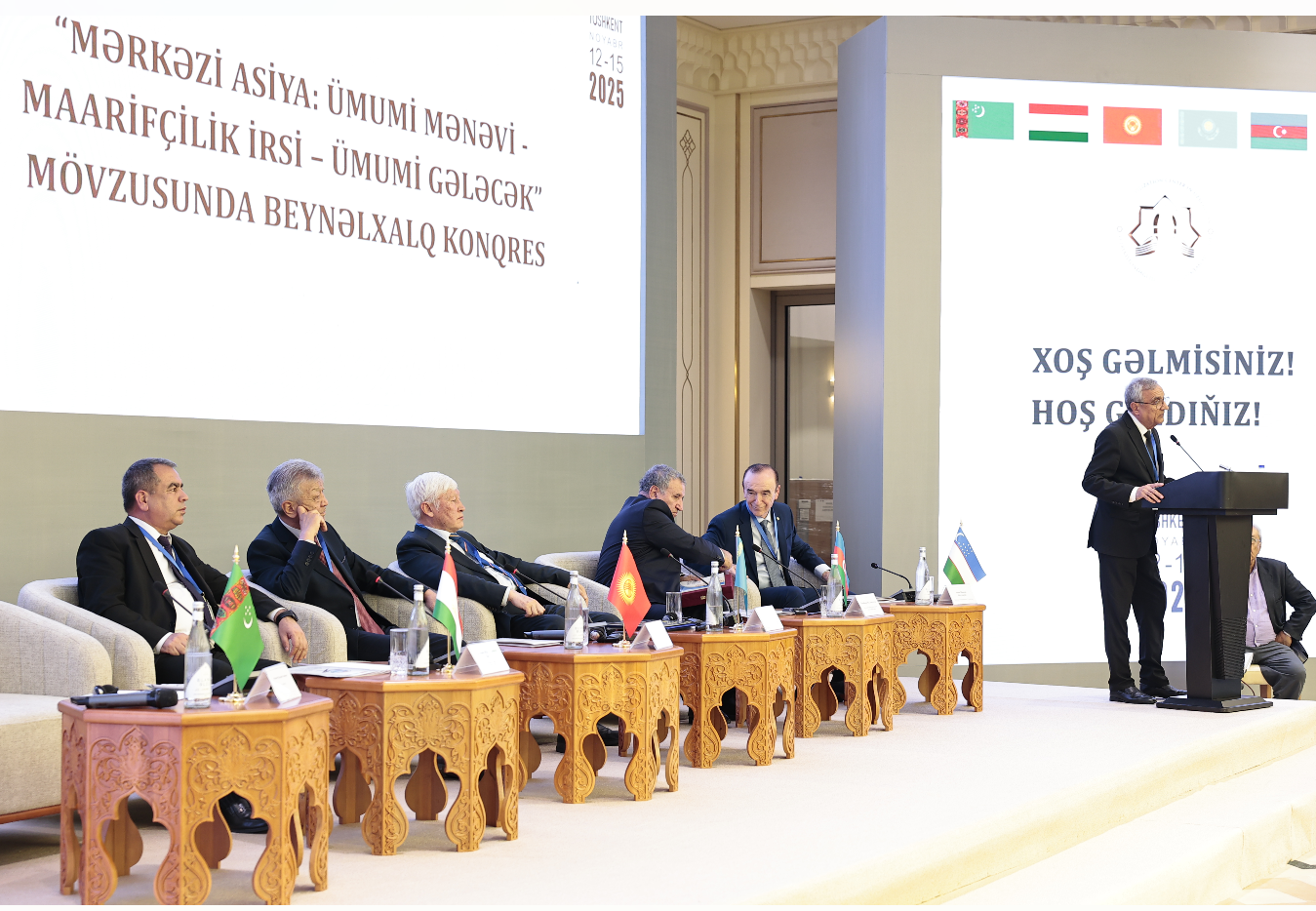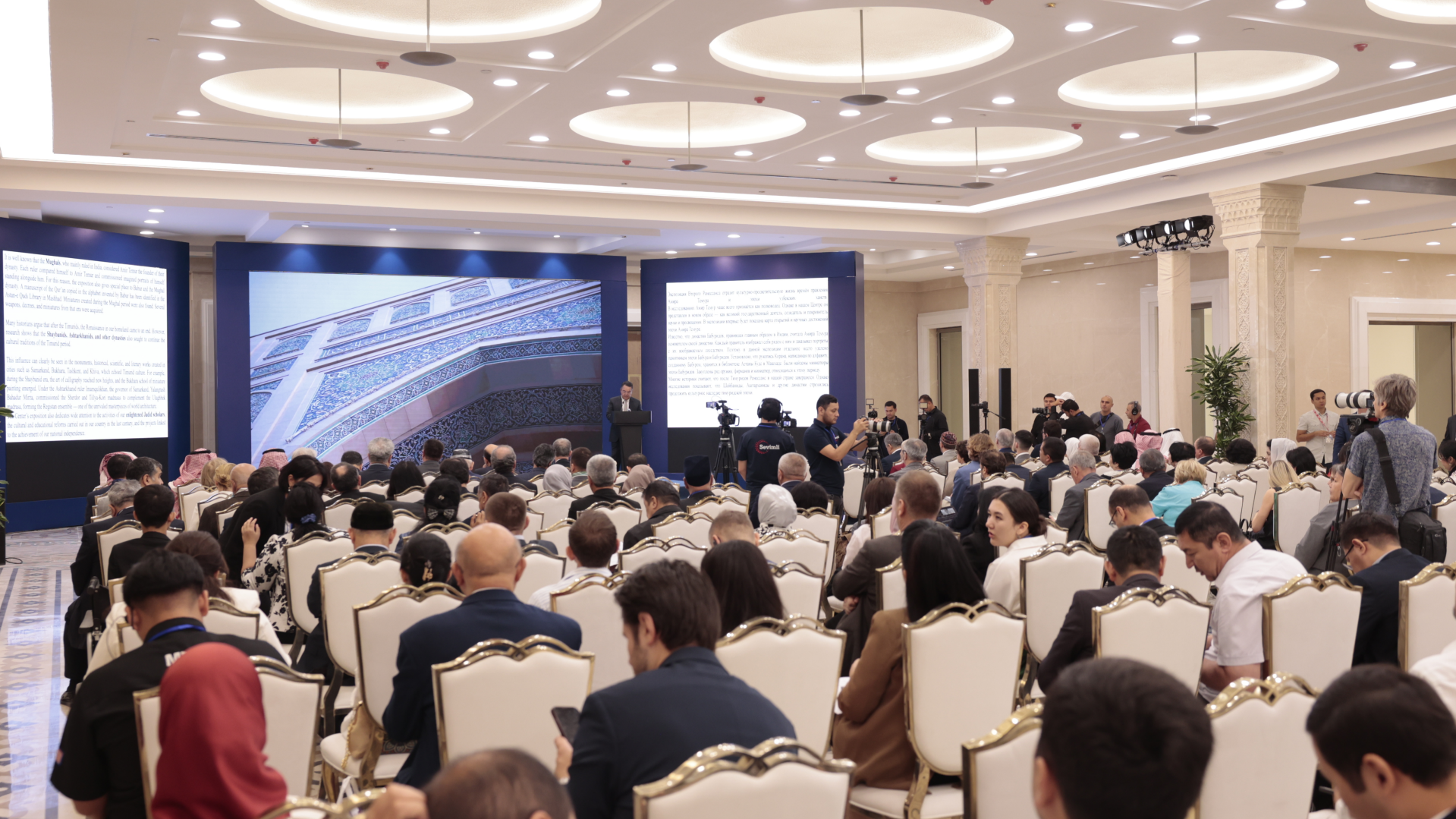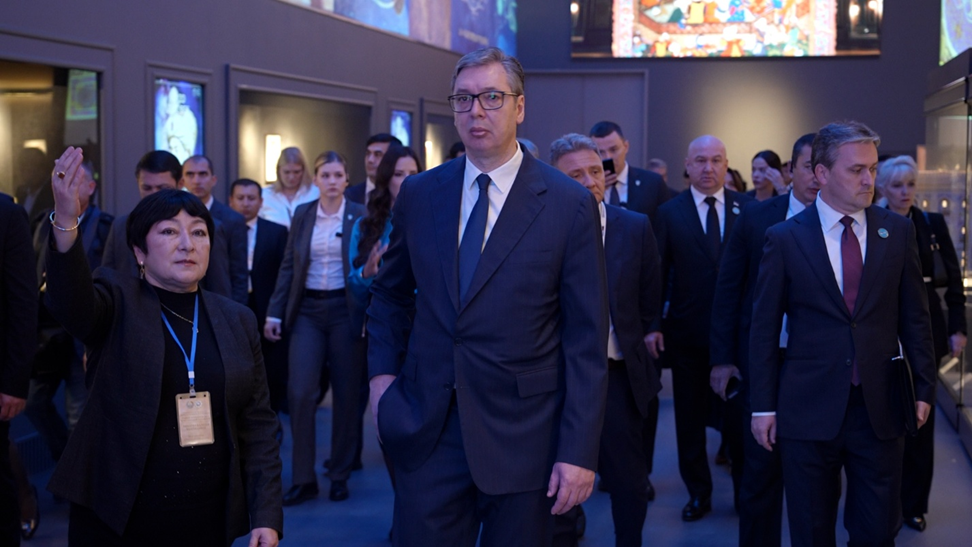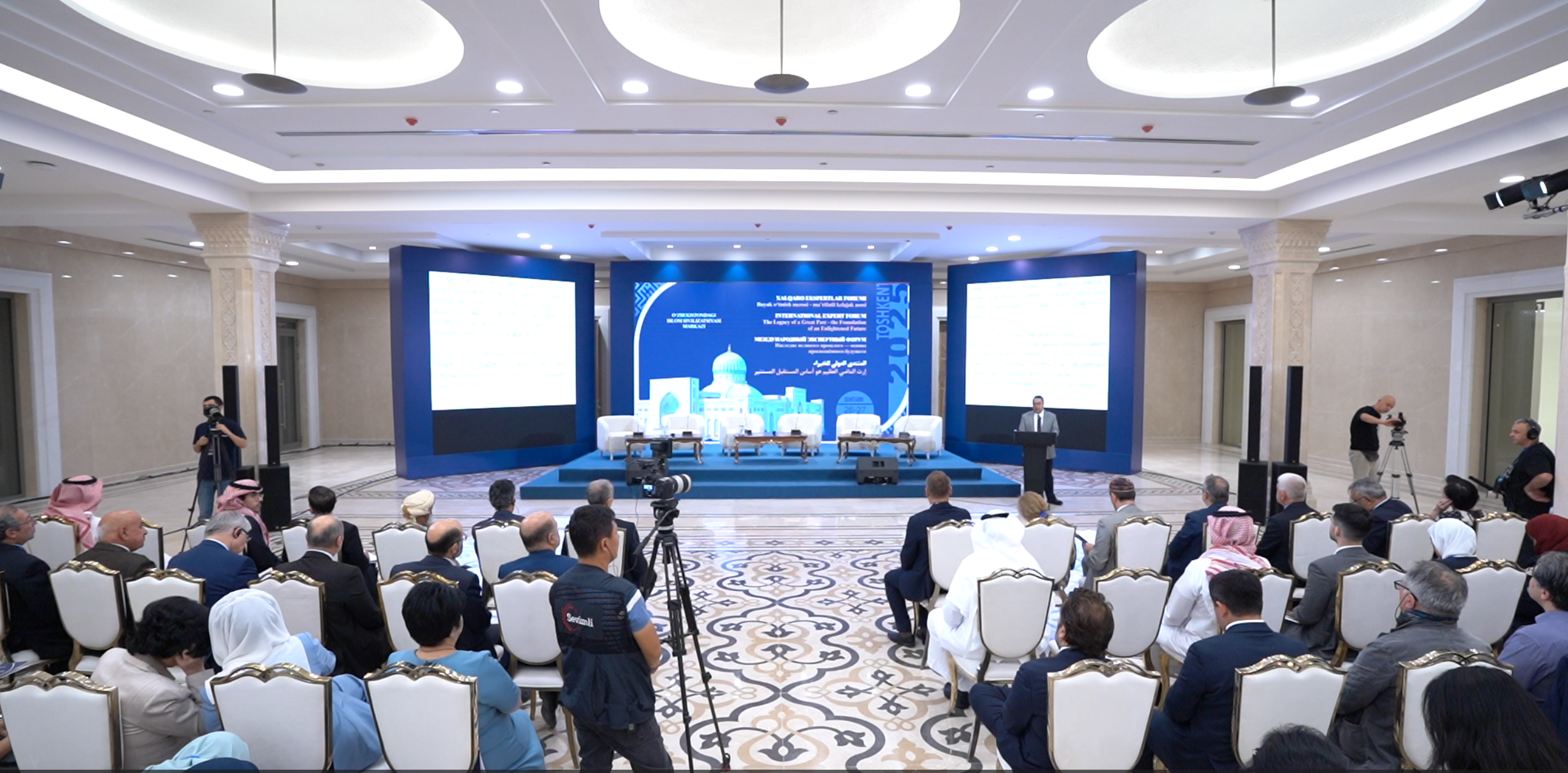“If we fall behind, we will be left in history” – an important call from scholars for Central Asia

Askar Dzhumadildayev, Vice President of the Academy of Sciences of Kazakhstan, described the international congress that united the scientific community of Central Asia as an “exceptional platform for the exchange of knowledge and scientific ideas” for researchers of the region and the world.

Askar Dzhumadildayev, Vice President of the Academy of Sciences of Kazakhstan
“This congress serves as a unique arena for exchanging knowledge, experience, and scientific ideas among researchers from Central Asia and across the globe. Today, Kazakh science is confidently asserting its voice on the international stage. Our scholars are participating in global projects. Taking part in this congress not only allows us to exchange experience but also creates opportunities for new scientific initiatives.
As part of the congress, we enjoyed an excellent tour of the Museum of the Islamic Civilization Center.
There are two words that have made an enormous contribution to world civilization: ‘algebra’ and ‘algorithm’. Both are linked to the name of al-Khwarizmi. He was born near the Aral Sea, in what is now the Republic of Uzbekistan. But he is the great ancestor of all of us — a shared figure for the peoples of Central Asia and Turan.
In the modern age of science and technology, we must not fall behind. Otherwise, we will be left in history. We must advance science and technology. And our language must first and foremost be a language of technology and science.
This is exactly what our ancestors taught us. For example, who introduced the term ‘solving an equation’? al-Khwarizmi. Who introduced the term ‘quadratic equation’? again the same great figure.
What is the essence of al-Khwarizmi’s greatness? He said: ‘Turn negatives into positives.’ Meaning, a person should transform shortcomings into achievements, defeats into victories. One must strive forward. Thoughts like these astonished Europe, and they translated his works into Latin.
Unfortunately, his book Al-Jabr wa’l-Muqabala has not reached us in its original form; only the Latin version has survived.
Our generation must be worthy of our ancestors. Just as our history is shared, the language of science and terminology should also be shared.
Some words may differ, but words like ‘one’ and ‘two’ are the same in all Turkic languages. This means we can create a common publication that benefits both our children and ourselves.
If we move in this direction, we will only gain. This is the proposal I would like to make. We are ready to cooperate with the Academy of Sciences or with the Islamic Civilization Center.”
Most read

Over 100 experts from more than 20 countries of the world are in Tashkent!

President of Serbia Aleksandar Vučić visited the Islamic Civilization Center in Uzbekistan

The Center for Islamic Civilization – a global platform leading towards enlightenment











